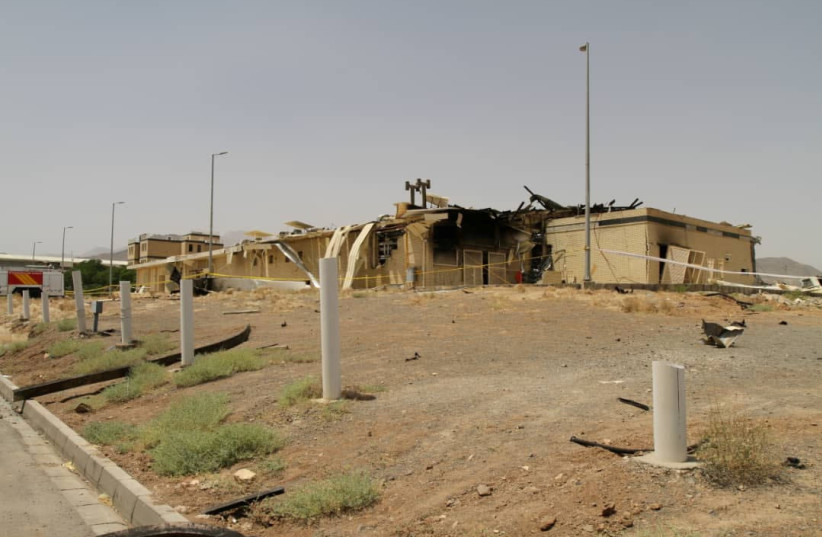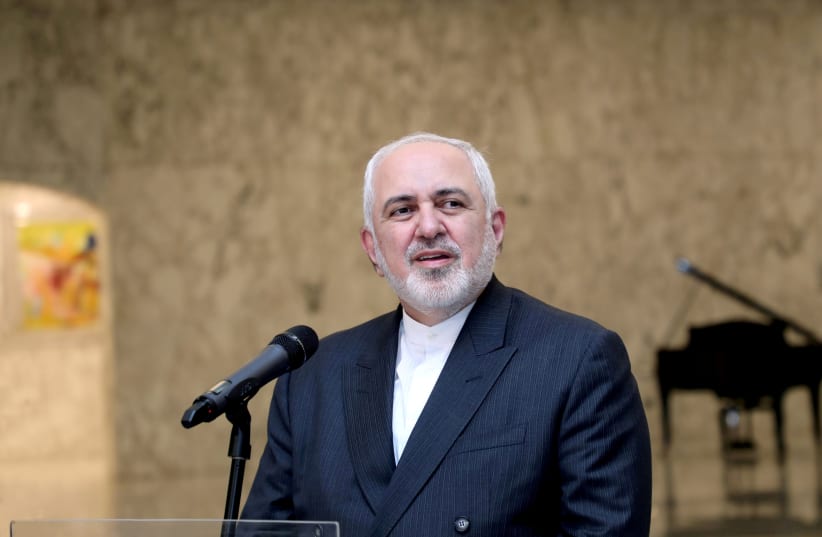Iranian Vice President Mohammad Javad Zarif told online news program Hozour on Tuesday that Israel had rigged a uranium enrichment site with explosives in an act of "nuclear terrorism."
The accusation relates to an April 2021 incident at the Natanz uranium enrichment site, in which a power substation located deep underground was damaged, which further damaged "thousands of centrifuges."
The Jerusalem Post learned at the time that the attack was carried out through an explosive device that was smuggled into the facility and remotely detonated, although Iranian government sources said that it was not an "external attack" and that a "traitor" had been identified.
In the past, Israel has been accused of targeting the same reactor, most famously during the Stuxnet cyber-attacks, which damaged thousands of reactors by exploiting security flaws in Microsoft Windows.


Sanctions create serious security vulnerabilities
Zarif also explained how sanctions had forced Iran to rely on intermediaries., which created serious security vulnerabilities that were subsequently allegedly exploited by Israel.
"If the Zionist regime infiltrates even one of the intermediaries, they can do anything and embed anything they want, which is exactly what happened," Zarif said.
Zarif confirmed that the sanctions have had impacts beyond financial by severely crippling Iran's ability to purchase technology.
He likened the events to the Mossad operation against Hezbollah, during which around 5000 pagers and 1000 walkie-talkies were detonated, killing over 30 people and injuring thousands.
Yonah Jeremy Bob contributed to this report.
